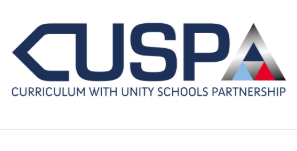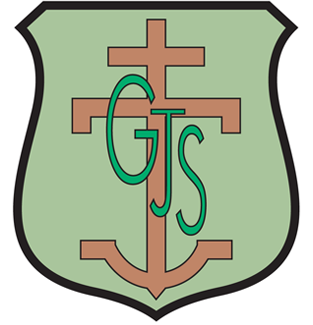Geography Intent
Intent, Implementation and Impact
Intent
‘Geography should inspire in pupils a curiosity and fascination about the world and its people that will remain with them for
the rest of their lives.’ National Curriculum.

At Greengate Junior School we believe that geography education should be fully inclusive for every child. We teach to and follow the requirements of the National Curriculum. We provide a broad and balanced curriculum that is differentiated to meet the needs of our children. By using CUSP we are ensuring the progressive development of geographical concepts, knowledge and skills, with an aim that the children will develop an interest in geography and have a sound understanding of the rich diverse county that we live in and the wider country/world. We want the children at Greengate Junior School to understand the important role they play as a global citizen and to foster sustainability in an ever-changing world. We are fortunate to live in a coastal town, on the outskirts of the Lake District National Park and we aim to take the children into this environment as frequently as possible to encourage enjoyment, appreciation and preservation. It is from this we have our starting point.
Through the teaching of Geography we aim to:
- To inspire pupils' fascination and curiosity to learn about how people live, work and ‘play’ within their local environment and the wider world.
- To give the children the opportunities to learn about the location of the world's continents, countries, cities, towns, seas, oceans and mountainous regions.
- To develop geographical skills of interpreting a range of sources of geographical information, maps, diagrams, globes, aerial photographs GPS.
- To help them understand how the human and physical features of a place shape it’s location and can change over time.
- To understand how human behaviour effects environments – locally, regionally, nationally and globally.
- To be aware that political decisions can change environments and human behaviour.
- To evoke and foster an appreciation of our natural world and political systems that protect it.
- To understand sustainable systems.
- To provide opportunities to make cross curricular links, particularly British Values, RE and PSHCE.
- To celebrate our geographical knowledge and skills – day trips, residentials and event days.
- To engage with local resources Eden Project North, Morecambe Bay Curriculum and the development of a Beach School at Earnse Bay.
Implementation
Geography is taught mainly as a single subject in termly blocks – 3 or 4 in a school year. Some links with Literacy are being explored. The CUSP Geography curriculum structure is used to ensure progression, consistency and expectations across the school. CUSP is guided by evidence-led curriculum structures, such as retrieval, spaced retrieval practice and interleaving. It is underpinned by explicit vocabulary instruction and research-focused pedagogy.
Teachers have selected units from the CUSP structure that are most relevant to our children at this time and this is a working progress. Teachers use the planned units, examples of work and slide decks to create power points to introduce concepts and organise the learning in each lesson and in each unit. Each unit starts and ends with the same quiz so the teacher can judge their teaching levels, differentiate for individuals and measure each child’s progress.
CUSP knowledge organisers are used and knowledge strips stuck in children’s books to reinforce the importance of vocabulary. Children are encouraged to use unit vocabulary when talking about their work.
Where possible we try to offer the children ‘real- life’ experiences in the environment to enhance geographical skills and knowledge. Over four years the children will visit the local beach, woods, The Lake District and cities. With these visits and through extracurricular activities (gardening club) and community events (litter picks/planting) we evoke responsibility, care, preservation and an understanding of sustainability.
Impact
We measure the impact of our curriculum using the following methods:
Summative assessments - from pupils’ discussions about their learning. The children use their books to describe their learning journey – Learning Conversations (see sheet).
Formative assessment – CUSP Quiz (see record in children’s books).
Recording work covered in children’s books and photographs of their learning.
Displays annually in classrooms and in the hall.
Marking and feedback in children’s books
Subject lead performing a ‘Book Look’ (alongside Learning Conversations) to ensure progression across year groups and CUSP coverage.
Attending MBC events and collaborating with colleagues – to keep up to date and moderate our performance.
